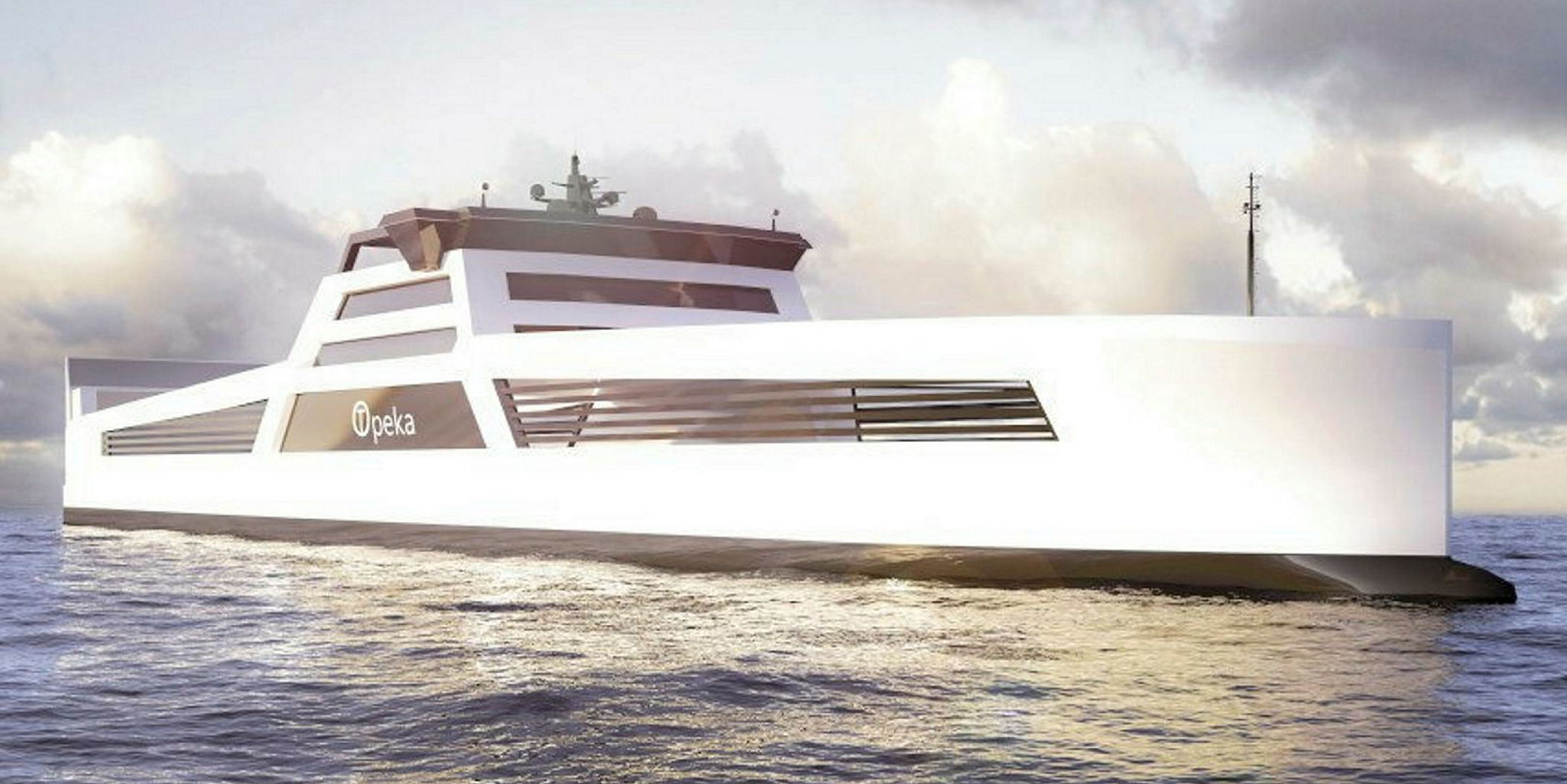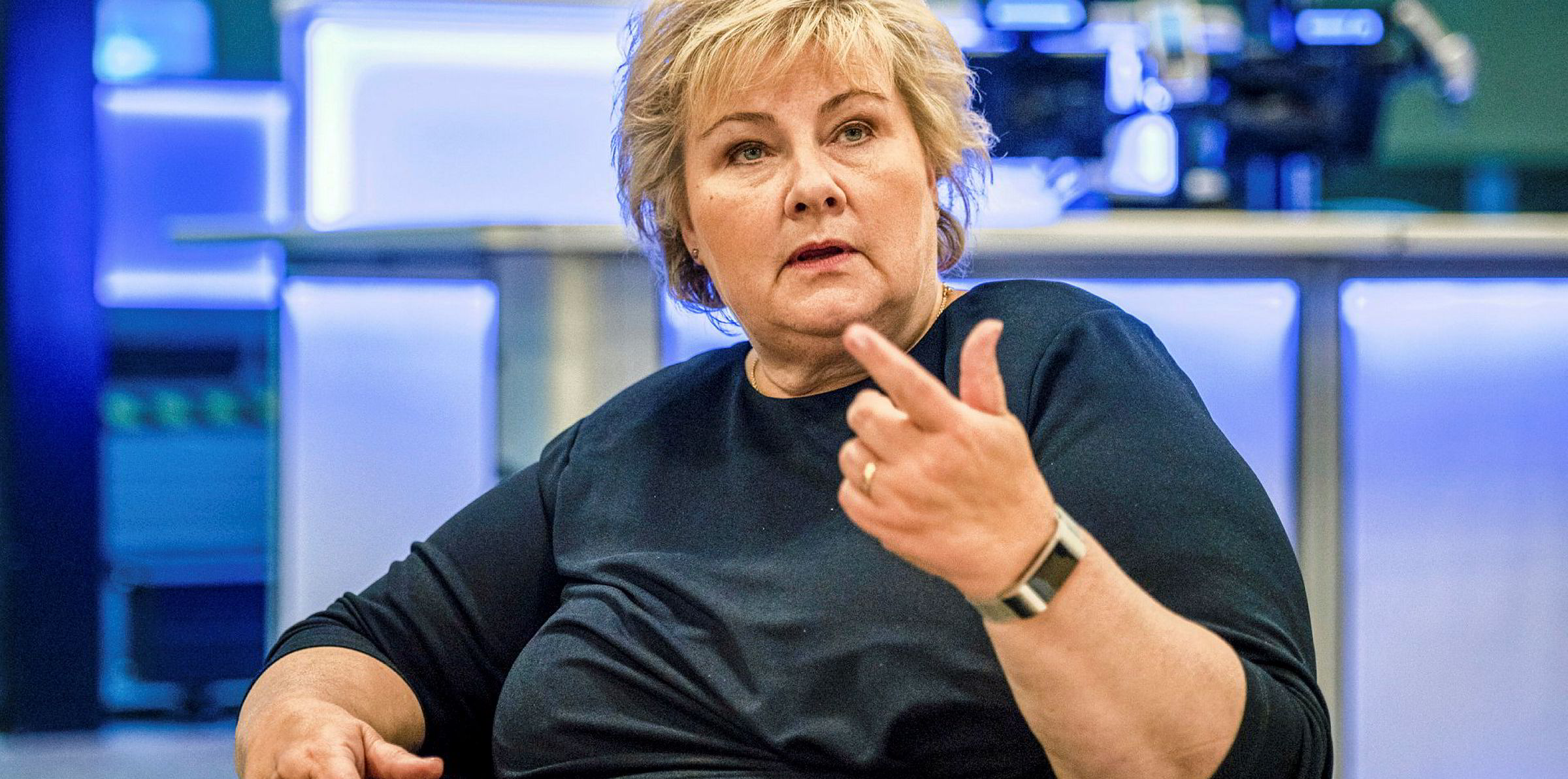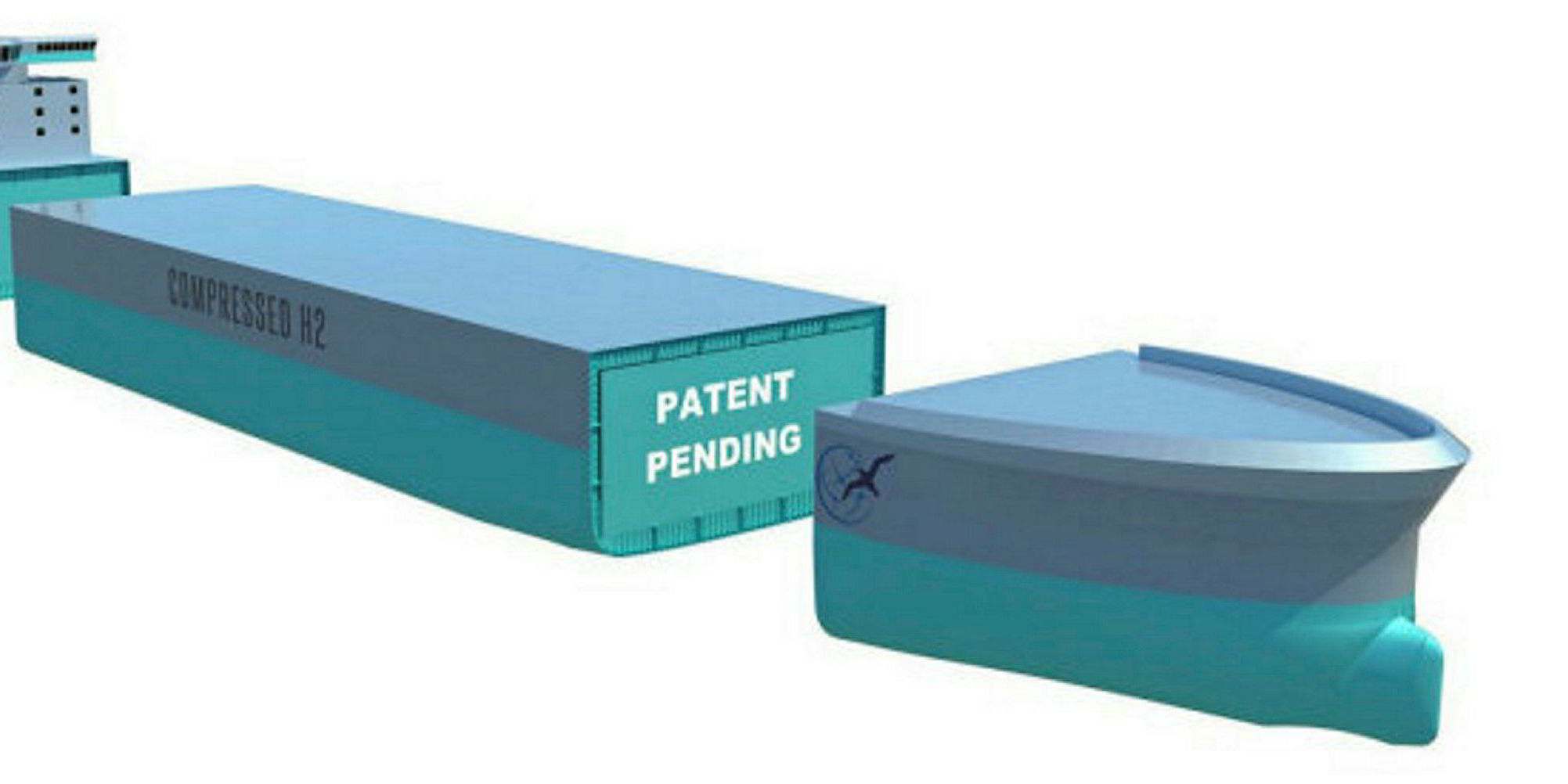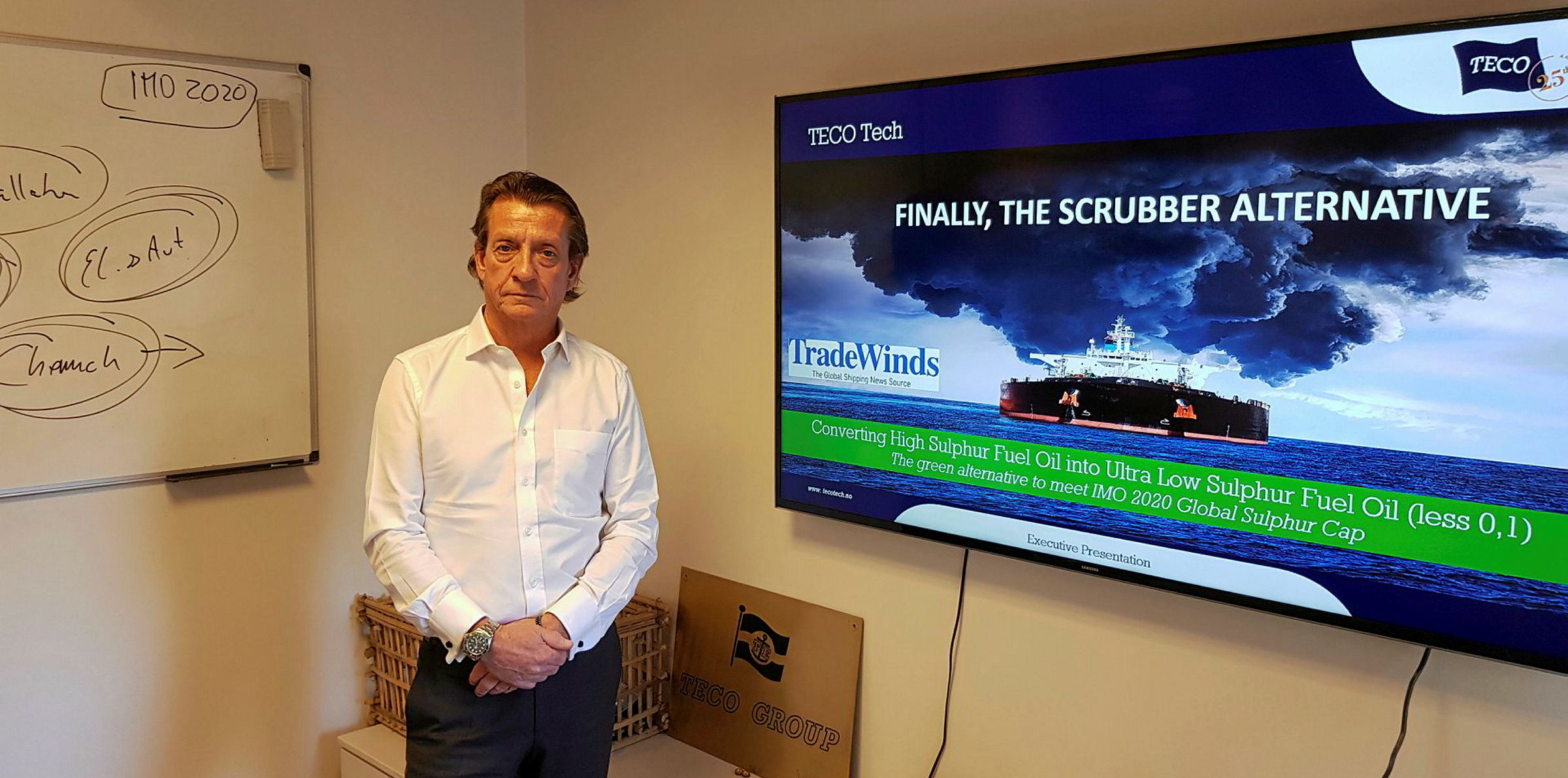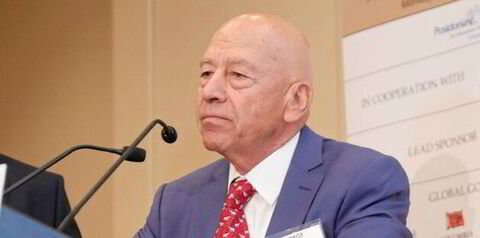Wilhelmsen Group has revealed a project to develop a hydrogen-fuelled ro-ro.
The Norwegian company said it has been awarded €8m ($9.5m) in European funding for the HySHIP vessel.
The project includes 14 European partners, collaborating on the design and construction of a new demonstration ship to be operated by Wilhelmsen.
The vessel, dubbed Topeka, will run on liquid green hydrogen (LH2).
The scheme will also explore the establishment of a viable hydrogen supply chain and bunkering platform.
The plan is to have a ship operational by 2024.
Battery and fuel cell deployed
Topeka will use a combination of 1,000 kWh battery capacity and a 3 MW proton exchange membrane hydrogen fuel cell.
Hydrogen will be sourced from the new LH2 production plant planned at Mongstad outside Bergen by BKK, Equinor and Air Liquide.
Wilhelmsen wants to lower the cost of the technology for the wider industry.
The cash is coming from the European Union's research and innovation programme Horizon 2020.
Topeka will sail on a fixed schedule, carrying coastal cargo and containerised LH2 to the bunkering hubs.
Norway’s western coast is dotted with bases serving the offshore industries, with base-to-base transport representing a heavy-duty transport route eminently suited to LH2, Wilhelmsen said.
The bunkering hubs will in future supply LH2-powered vessels, including ferries and deep-sea tonnage.
A question of scale
"Hydrogen as a fuel enables opportunities for low or zero-emission shipping. Topeka will be our first step towards scalable LH2-fuelled maritime operations," said Wilhelmsen's vice president of special projects, Per Brinchmann.
The project will create a "full LH2 infrastructure and commercial ecosystem, while at the same time removing yearly some 25,000 trucks from the roads", added Frida Eklof Monstad, vice president of logistics and emergency response at Equinor.
"A hydrogen-driven coast-liner that has a regular frequency is a very promising transportation alternative for Equinor’s bases on the west coast of Norway."
Concurrent studies
The HySHIP project also features three other studies into a 1 MW tanker barge for use on inland waterways, a 3 MW fast ferry and a scaling-up study on a 20 MW energy system for deepsea vessels using a capesize bulker as the model.
Other partners include LMG Marin, Norled, Diana Shipping, Stolt-Nielsen and DNV GL.
Last week, Australia's Global Energy Ventures (GEV) unveiled what it hopes will be the world's first compressed hydrogen carrier.
The H2 Ship will transport the fuel from Australia to the Asia-Pacific region, drawing on the company's expertise in compressed natural gas vessels.
The H2 Ship will have a storage capacity of up to 2,000 tonnes (23m cbm) of compressed hydrogen.
